In a statement carried by Italian news agencies, the executive of Lazio president Francesco Rocca said the region’s name “cannot, nor will it ever, be used to support actions aimed at promoting illegal behaviour”, specifically surrogacy.
The theme of Saturday’s Roma Pride 2023 event is “QueeResistenza”, with campaigners condemning what they call “multiple attacks” on the LGBTQ community since Prime Minister Giorgia Meloni’s right-wing government took office in October.
“Because no government can stop us. We won’t stop proudly declaring that there are different families and relationships that cannot be ignored,” event organisers said in a statement on their website.
Rocca was elected earlier this year with the backing of Meloni’s coalition, which styles as a defender of “traditional” family values.
The premier’s far-right Brothers of Italy has proposed a law to extend Italy’s existing ban on surrogacy to include Italians who go abroad to find a surrogate mother.
READ ALSO: Italy’s government proposes bill to make surrogacy a ‘universal crime’
The government has also stopped city mayors who, in the absence of a national law, had been registering the children of same-sex couples born abroad via surrogacy or assisted fertility, which is only available in Italy to heterosexual couples.
The Lazio region said Roma Pride’s public statements – which include calls for the rights of same-sex couples to adopt children or access fertility treatment, and for legalisation of surrogacy – “violate the conditions” of sponsorship.
“What has happened represents a missed opportunity to build a mature dialogue free from any ideology, which this administration strongly desires, to promote real inclusion,” it added.
The mayor of Rome, leftist Roberto Gualtieri, condemned the decision and said his city authorities would maintain their sponsorship.
“Rome Pride is an important demonstration for the LGBT+ community and for all citizens who fight discrimination and support rights.. and for this I will be on the streets on Saturday for Pride,” he wrote on Twitter.

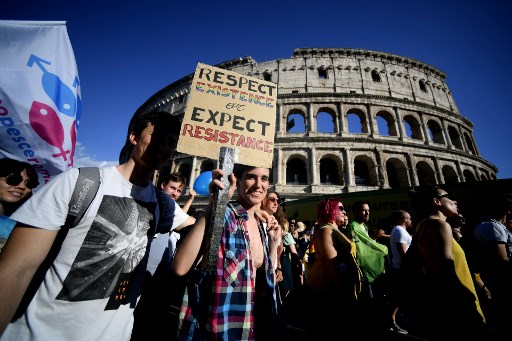
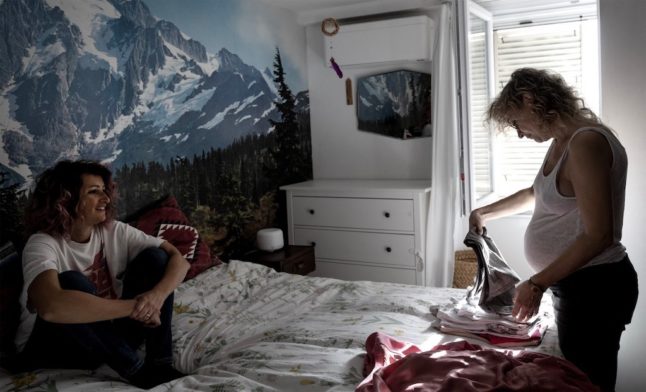
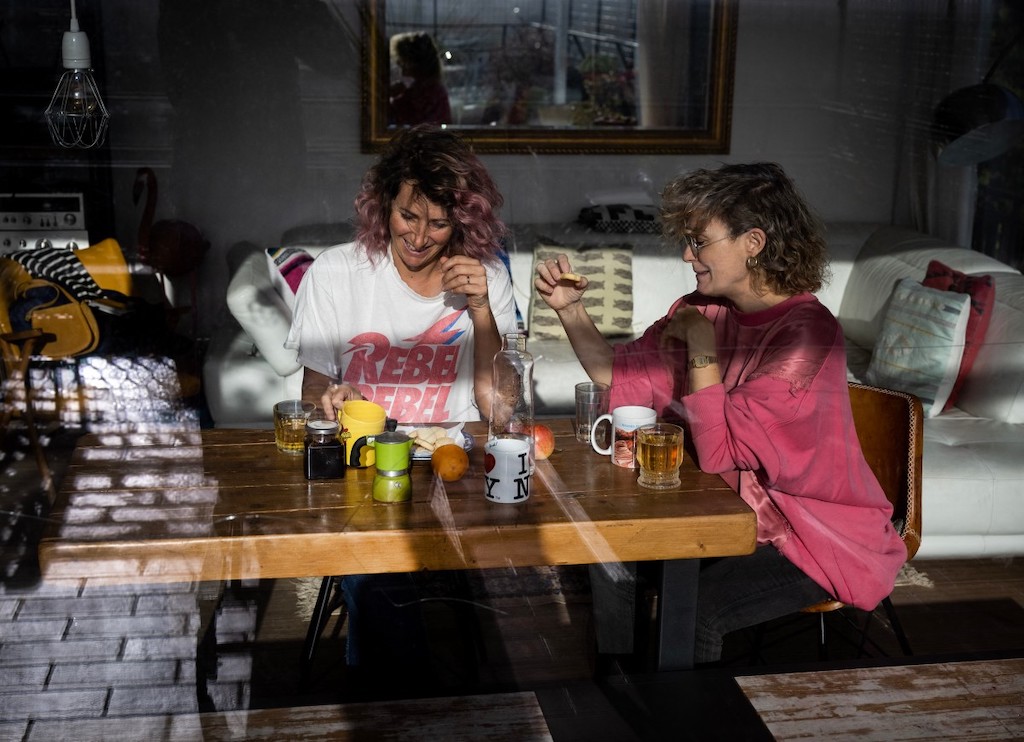
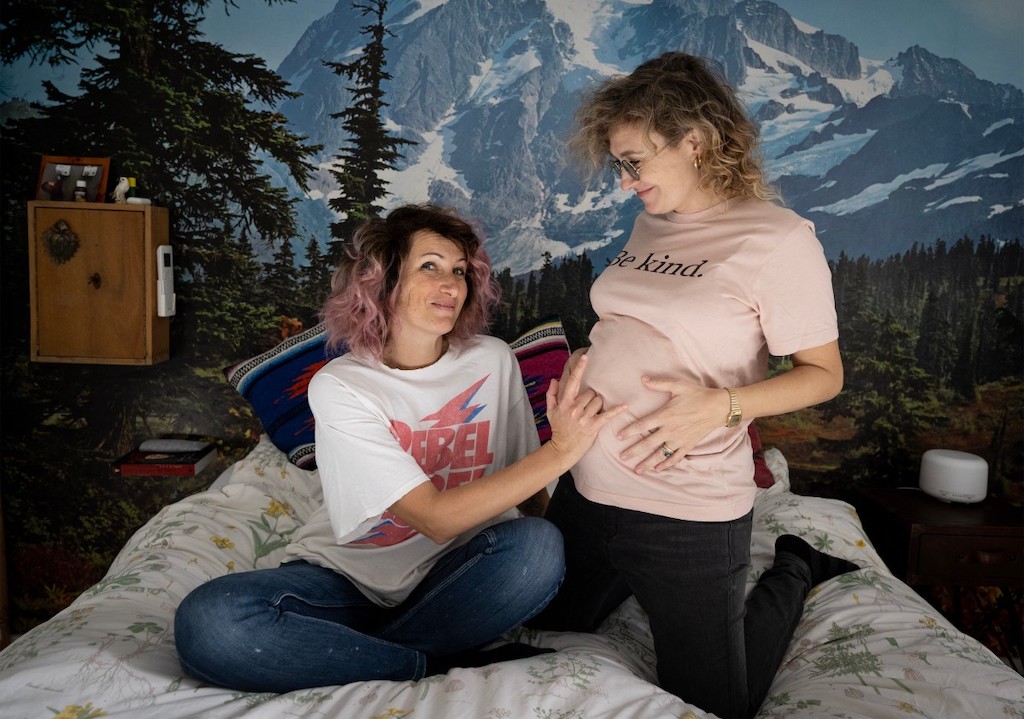
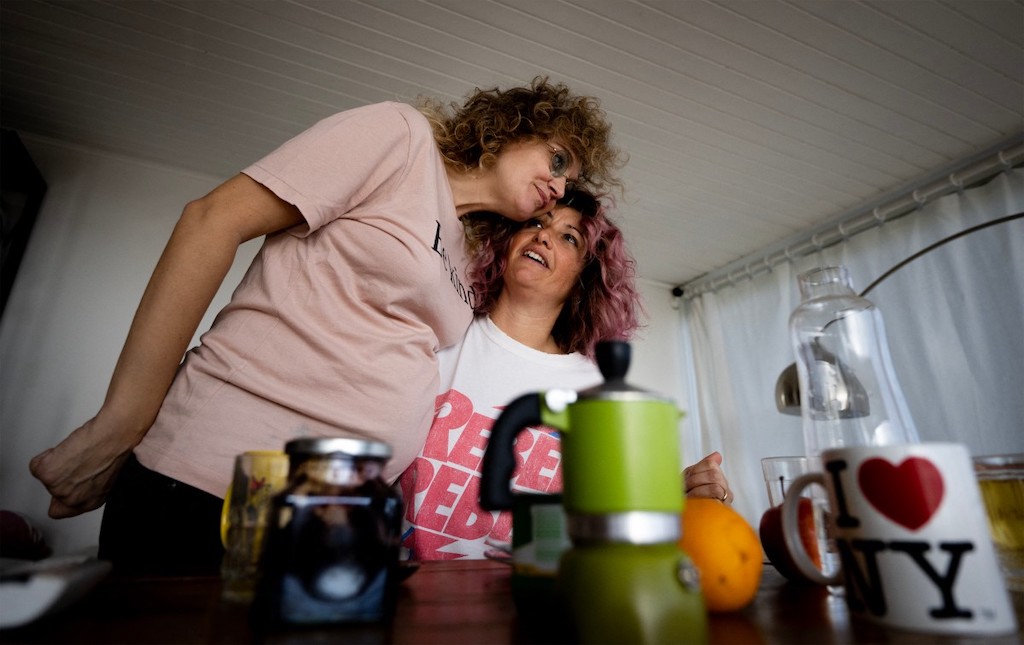
 Please whitelist us to continue reading.
Please whitelist us to continue reading.
Member comments